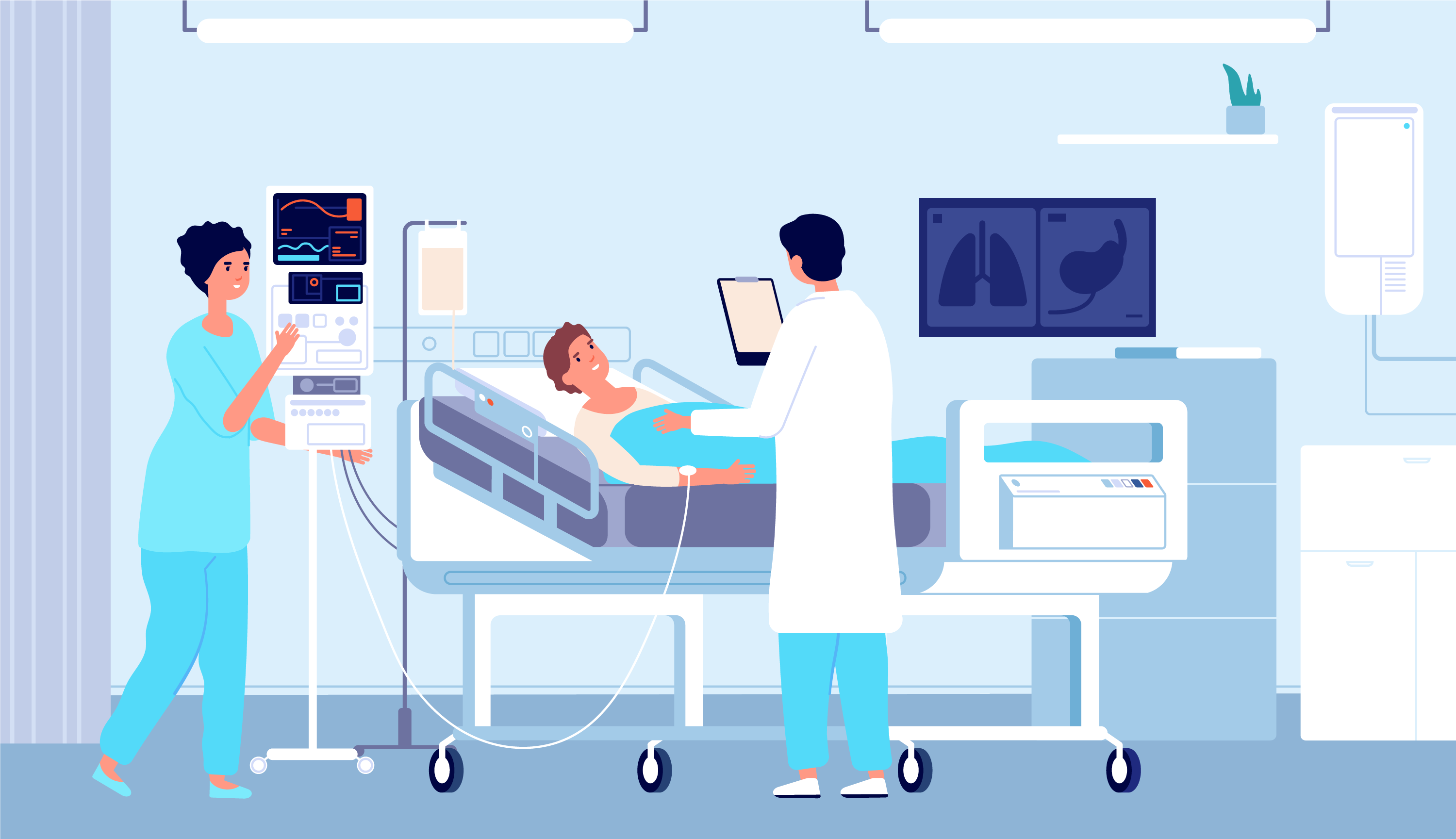People Tracking Technology Benefits Efficiency and Safety
In an era of rapid technological advancements, a new frontier has emerged, ushering in the age of People Tracking Technology. This innovative field has found applications in various sectors, from healthcare to airports and beyond, fundamentally changing the way we monitor and manage human movement. In this article, we'll explore the world of People Tracking Technology, its significance, and its multifaceted applications.
Unraveling People Tracking Technology
People Tracking Technology, often powered by a combination of sensors, artificial intelligence, and data analytics, allows the real-time monitoring and tracking of individuals' movements and behaviors. It has paved the way for an array of applications across different industries, all with the common goal of enhancing efficiency, safety, and the overall human experience.
Healthcare Advancements
In the healthcare sector, People Tracking Technology has proven to be a game-changer. Hospitals and clinics have been quick to adopt this technology for various applications, including:
Patient Monitoring
Real-time tracking of patients within a healthcare facility ensures that medical staff can promptly respond to their needs. The technology can alert medical professionals if a patient leaves a designated area or falls, helping prevent accidents and ensuring timely care.
Contact Tracing
The COVID-19 pandemic highlighted the importance of contact tracing. People Tracking Technology was used to identify potential exposure, aiding in the containment of the virus's spread.
Asset Management
Hospitals have adopted People Tracking Technology to manage critical medical equipment and assets efficiently. This technology ensures that equipment is available when needed and can be located quickly.
Airport Innovation
Airports have long embraced People Tracking Technology to enhance security and streamline the passenger experience. Key applications include:
Security Enhancements
Airport security systems employ People Tracking Technology to monitor passenger movements and identify suspicious behavior. The technology can help in swiftly addressing security threats.
Passenger Flow Optimization
Airports use People Tracking Technology to manage passenger flow efficiently. This includes monitoring queues, ensuring social distancing, and minimising wait times.
Lost Luggage Tracking
This technology is instrumental in tracking and locating lost luggage, ensuring it is reunited with passengers as quickly as possible.
Retail Revolution
The retail industry is another sector that has harnessed People Tracking Technology to optimize the customer experience:
Customer Insights
By tracking customer movements within stores, retailers can gain valuable insights into shopper behavior. They can use this data to tailor marketing strategies and improve store layouts.
Inventory Management
Retailers employ People Tracking Technology to manage inventory more effectively. Real-time data on stock levels helps prevent overstocking or shortages.
Loss Prevention
People Tracking Technology assists in monitoring for theft and identifying suspicious activity. Retailers can use this technology to mitigate losses.
Smart Cities and Public Safety
As urban populations grow, smart cities are leveraging People Tracking Technology to enhance public safety and urban planning:
Traffic Management
In smart cities, this technology is used to monitor traffic and manage congestion. Real-time data can be employed to adjust traffic signals and divert vehicles to alleviate gridlock.
Emergency Response
During emergencies, People Tracking Technology can quickly identify the locations of individuals in distress. This information is invaluable for first responders.
Public Services
Cities use this technology to improve public services. For example, they can track the usage of public transportation systems to enhance their efficiency.
The Future of People Tracking Technology
The future of People Tracking Technology is brimming with potential. Innovations in sensor technology, data analytics, and artificial intelligence are expected to lead to more accurate and versatile tracking solutions. Key trends include:
Privacy Safeguards
As People Tracking Technology becomes more widespread, the protection of individual privacy will be a paramount concern. Regulations and technologies that ensure data anonymity and consent-based tracking will continue to evolve.
Expanded Healthcare Applications
People Tracking Technology is likely to play an even more prominent role in healthcare. Remote patient monitoring, early intervention in critical conditions, and improved patient outcomes are anticipated.
Seamless Travel Experiences
Airports and transportation hubs will continue to refine passenger experiences. Expect smoother check-ins, reduced security waiting times, and real-time information on gate changes.
Sustainability Initiatives
Smart cities will increasingly use People Tracking Technology to optimize energy usage, reduce emissions, and promote sustainable urban planning.
In conclusion, People Tracking Technology is at the forefront of reshaping various industries. From healthcare to airports, retail, and smart cities, its applications are as diverse as they are transformative. As technology continues to evolve and society seeks more efficient and safer solutions, the role of People Tracking Technology will only become more integral. With its ability to enhance efficiency, safety, and overall human experience, People Tracking Technology is a defining force of the future.



Comments
Post a Comment